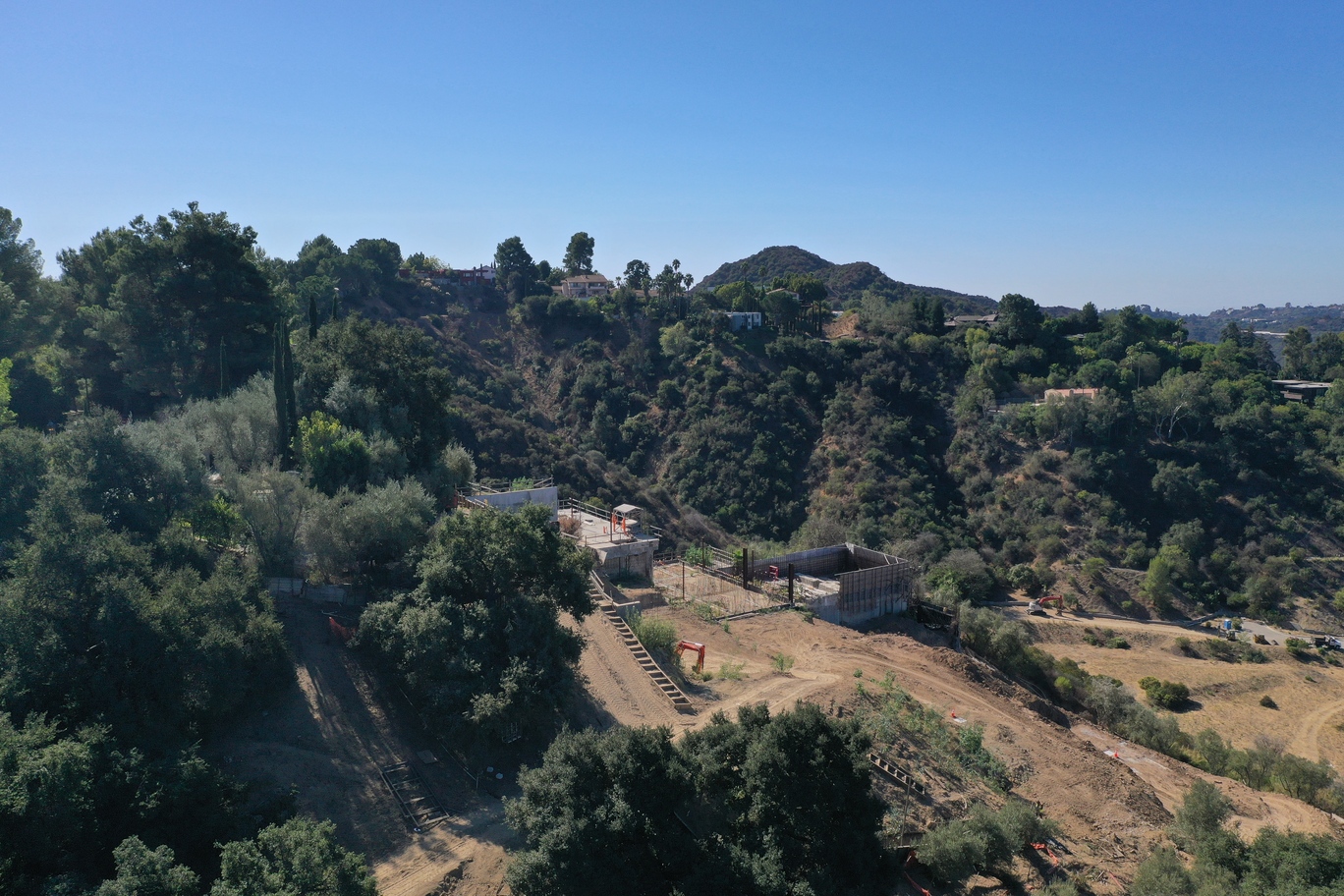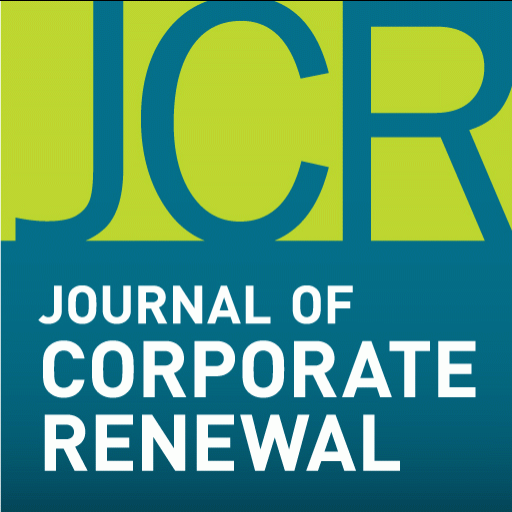
October 4, 2021
After years of trying to push inflation to 2% per year, the Fed, joined by the Biden administration, are now trying to address an annualized inflation rate of 5.3% in August. While the Fed and the Biden administration have said that higher inflation is “transitory”, both may be shifting their perspectives as the price increases in goods, services and labor become more persistent. Most recently, the Fed anticipates that inflation will average 4.2 percent in the final quarter of 2021 before falling to 2.2 percent in 2022. Moreover, the Fed’s recent announcement that it may begin tapering its bond buying by yearend and raising interest rates in 2022 is making markets uneasy. When will the commercial real estate industry have to conclude that higher inflation is a longer-term issue?
Analysts say weeks, months – maybe years. Harold Bordwin, Principal and Managing Director of Keen-Summit Capital Partners LLC, says don’t hold your breath for an actual date.
“In reality, buyers, sellers, equity investors and lenders are making decisions every day based upon their assessments of the market,” says Bordwin, whose firm is a leading real estate brokerage and investment banking firm specializing in special situations (restructurings, bankruptcies, receiverships and Article 9 sales). “Inflation is an important consideration along with so many others, including demographics, traffic patterns, vacancy rate trends, rental rate trends, new construction impacts, etc.” He points out that after years of not really thinking about inflation and taking low inflation for granted, inflation is now part of the daily conversation. “In their projections, owners, operators and their capital sources have to be thinking about the impact of inflation on rental rates, operating expenses, CapEx costs, costs of funds – the list goes on.”
This is leading some commercial real estate owners and investors to believe that it may be time to refinance and lock in long-term low interest rates and then get the benefit of inflation raising rental income.
Property owners who may benefit from inflation include: (a) those who typically rent their properties on a shorter-term basis, like multifamily, hospitality and self-storage, who may get the advantage of more frequent rental resets if inflation persists, and (b) those who have existing properties and because of current market conditions (i.e., rising construction and labor costs and completion delays caused by supply chain disruptions) they are able to maintain or improve their market share because new construction of potentially completing properties is delayed.
Nevertheless, predicting the future of inflation and its impact on commercial real estate is not so simple.
“For instance, those in the real estate industry that may be negatively affected by inflation include: (a) as referenced above, developers faced with the rising costs of construction materials and delays in receipt of building materials (because of supply chain constraints), as well as (b) landlords whose tenants are locked into long term leases (without inflation adjustments).
To say that we’re living in unprecedented times has become cliché. Nevertheless, the challenges brought on by the Covid-19 pandemic, including the dramatic recent rise of inflation, is cause for concern. Property owners should be thinking about how properly to position their business and their assets for a potentially higher interest rate environment.





